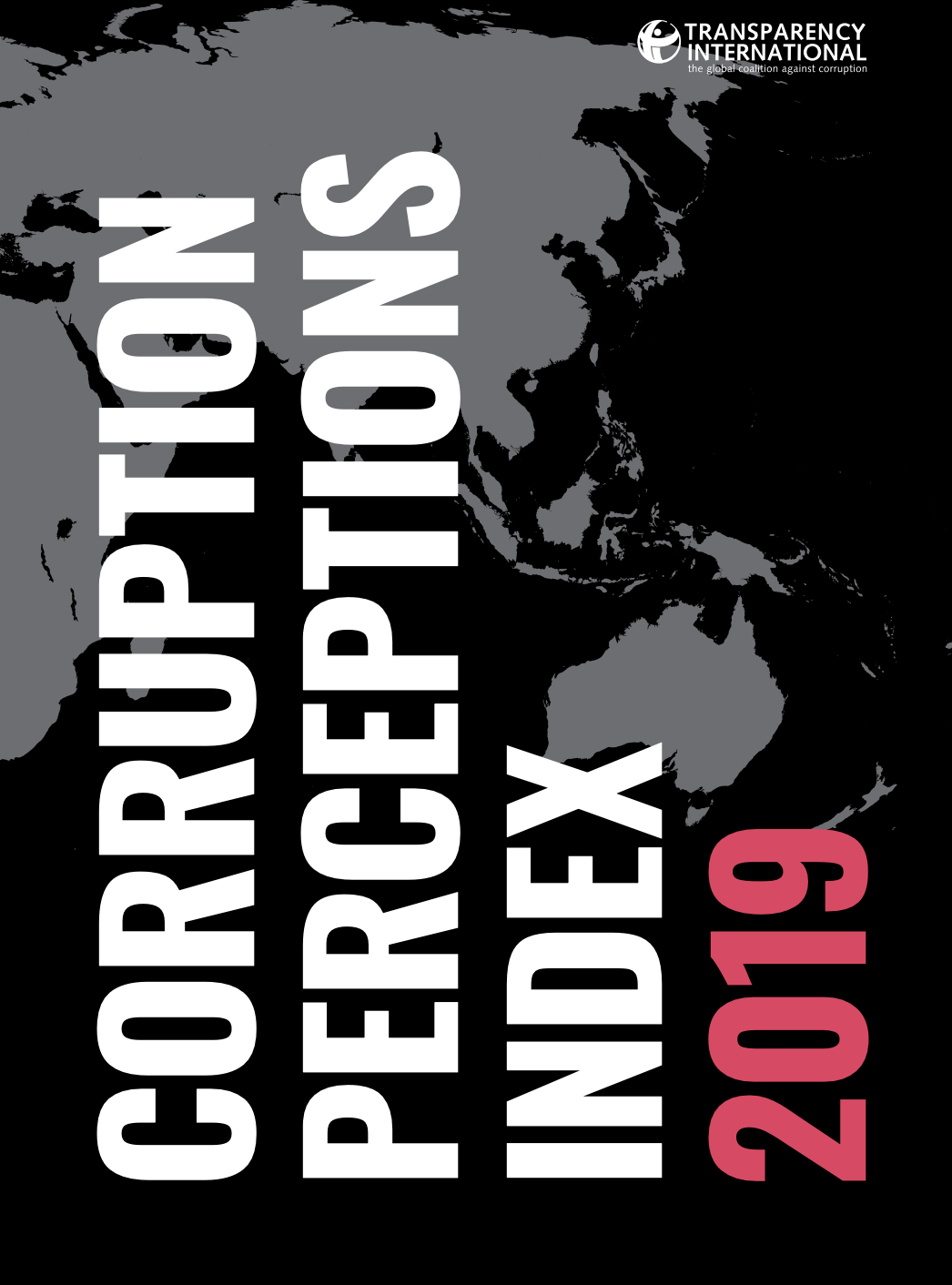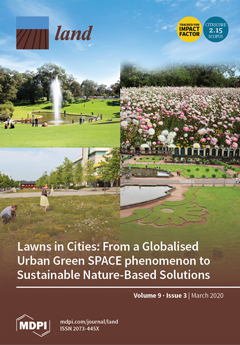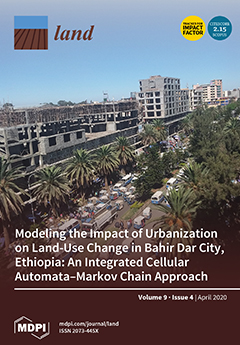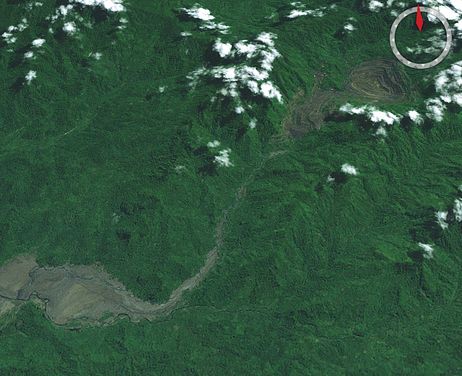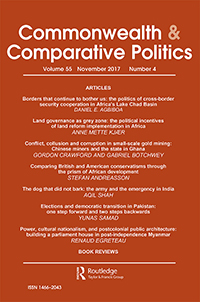Corruption Perceptions Index 2019
The Corruption Perceptions Index 2019 reveals a staggering number of countries are showing little to no improvement in tackling corruption. Our analysis also suggests that reducing big money in politics and promoting inclusive political decision-making are essential to curb corruption. 180 The CPI scores 180 countries and territories by their perceived levels of public sector corruption, according to experts and business people.

